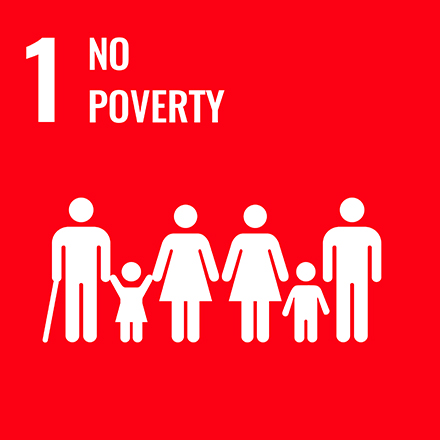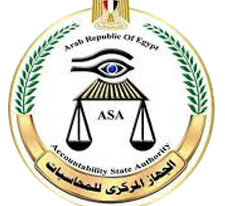SAI Latvia Analyzes National Poverty Reduction Progress


What We Audited and Why
“End poverty in all its forms everywhere”—the first of 17 Sustainable Development Goals (SDGs) at the heart of the 2030 Agenda for Sustainable Development.
In 2010, the European Union (EU) highlighted ending poverty in its “Europe 2020 Strategy,” with each EU member state adopting its own national targets. In Latvia, this commitment is included in the country’s key long-term and medium-term public policy. Similarly, reducing poverty is a recurrent theme behind most activities the nation plans to introduce.
Latvia’s Supreme Audit Institution (SAI) recently audited the National Inclusion Policy to evaluate how well the policy helped achieve poverty reduction targets. SAI Latvia comprehensively assessed the social support system—analyzing government actions to reduce poverty, which ranged from defining targets to identifying most at-risk population groups to actual support provided.
State and Municipal Functions—Problems Identified
Audit conclusions showed poverty reduction initiatives only partially reached those most in need of social support. Targeted and coordinated action is essential in all relevant national policy areas, including unemployment, state social benefits, social assistance, social security, equal opportunities for people with disabilities, taxation, education, health and the economy.
However, no public policy or framework has been developed to coordinate necessary efforts. The audit found that national, regional and local government measures designed to identify and address the needs of those requiring social support often overlapped or were contradictory.

Recommendations
SAI Latvia recommended all relevant public institutions include national poverty reduction targets when performing and assessing tasks. Aligning all sectors and organizations—with the SDGs, Europe 2020 Strategy and high-level national public policy—through a single action plan may help achieve poverty reduction objectives.
When developing future policy aimed at reducing national poverty, SAI Latvia recommended analyzing state, regional and local social support systems, mechanisms, costs and how well implemented measures have addressed those most vulnerable to poverty and social exclusion. This analysis would highlight any gaps and help determine required support aid.
The future challenge for Latvia will be deciding on how to best address poverty reduction, whether it be maintaining the universal benefit system (knowing that increasing existing aid and/or introducing new aid will be significantly limited by lacking financial resources) or gradually introducing a targeted means-tested benefit system.
Audit conclusions prompted SAI Latvia to provide 12 policy improvement recommendations to the Ministry of Welfare (the institution responsible for coordinating a single social inclusion policy) and four recommendations to the Cabinet of Ministers.
SAI Latvia indicated that the identified shortcomings can be remedied by significantly improving cooperation among all institutions responsible for implementing the social inclusion policy. The summary of the report is available here.





